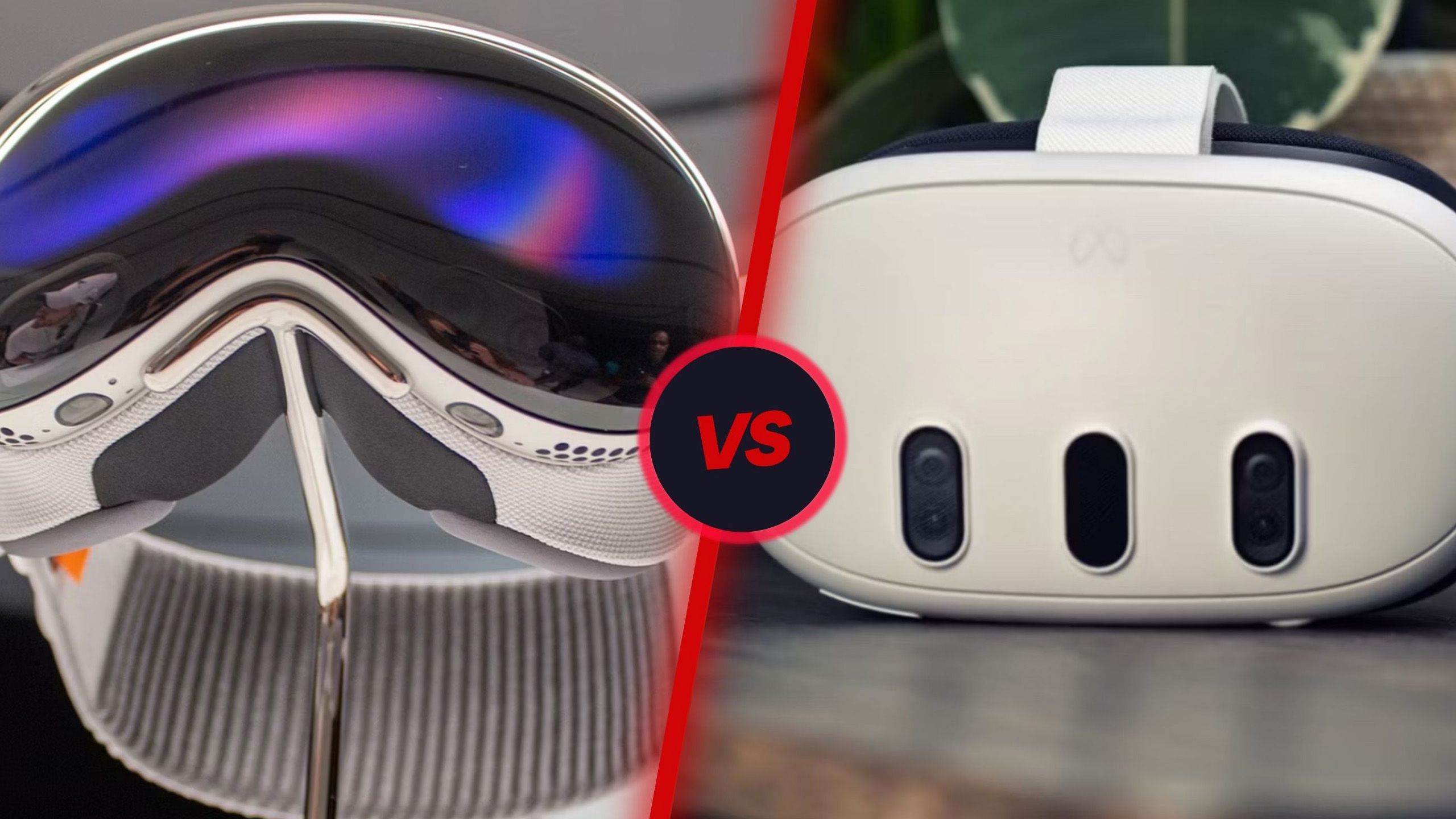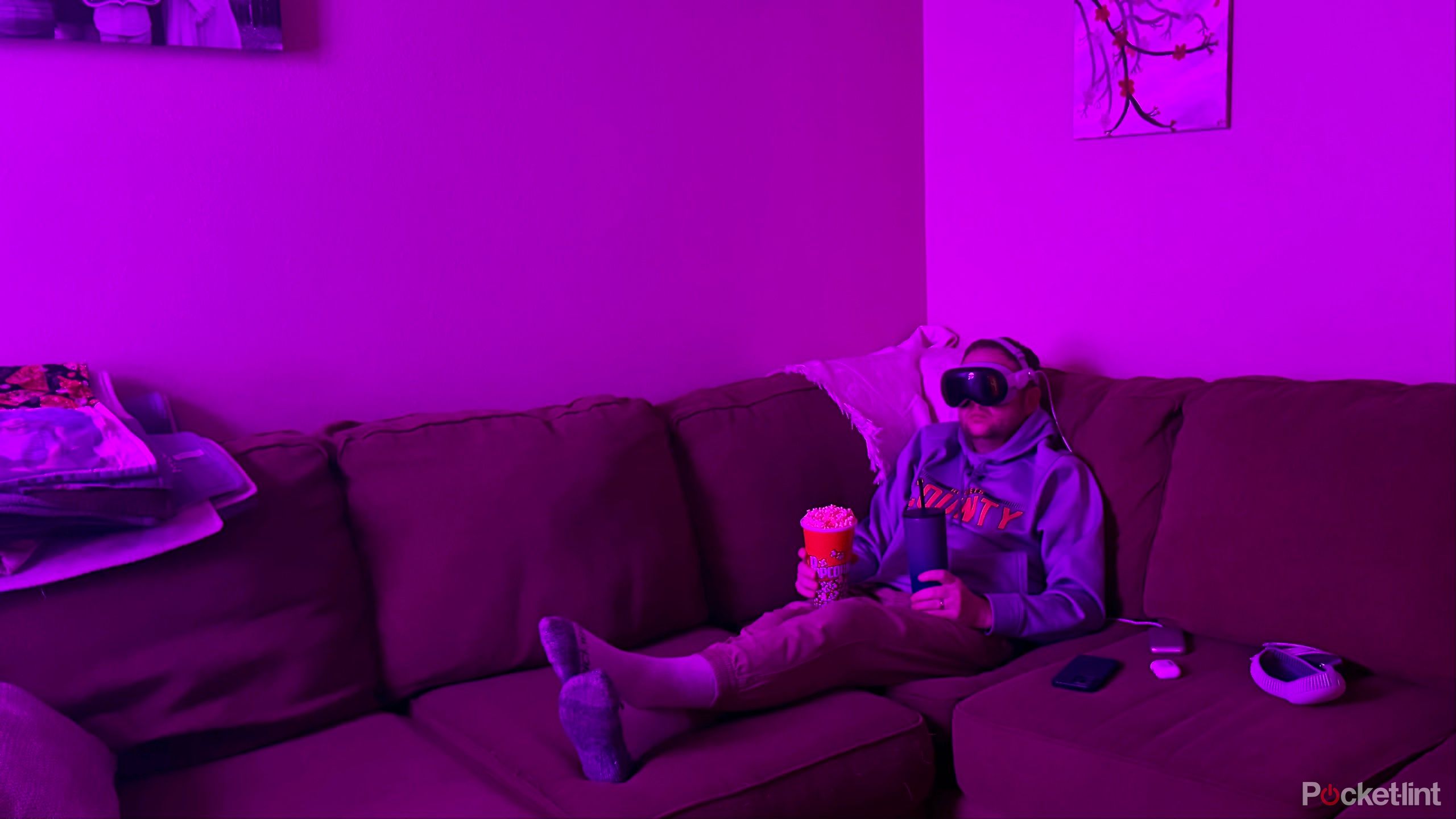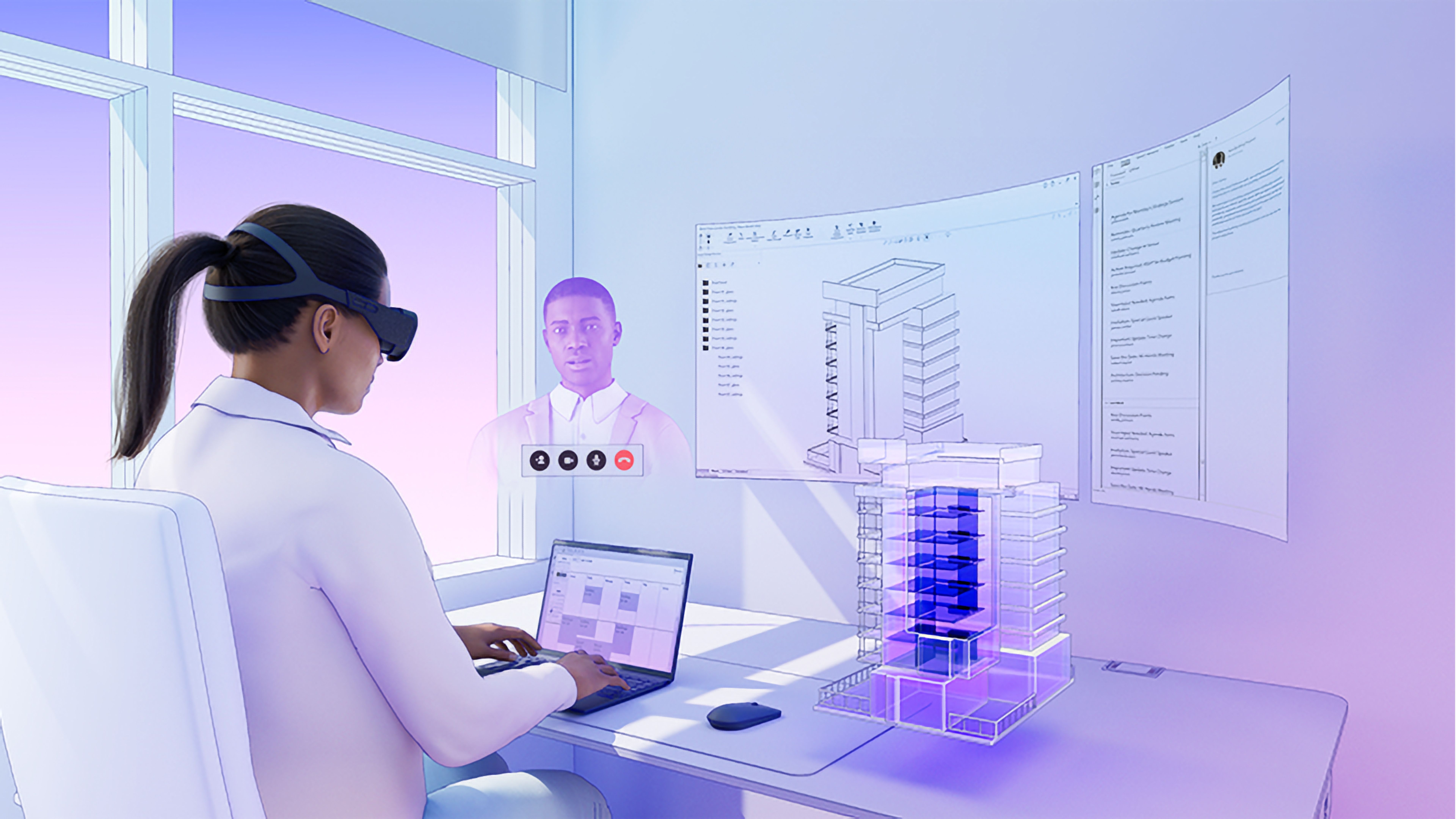Key Takeaways
- Meta is aiming to be the Windows of virtual reality by licensing Meta Horizon OS to other headset makers.
- Horizon OS combines Meta’s VR technologies and social software in one package.
- Asus ROG and Lenovo are developing hardware that uses the OS focused on gaming and productivity, respectively.
Meta is making a big play to become the Windows of virtual and mixed reality. The company announced that it’s making the operating system that’s powering the Quest 3 available for other headset makers to use, and any headset that uses the newly rebranded “Meta Horizon OS” will have access to the Quest’s app store and Meta’s VR social app, Meta Horizon Worlds. As part of its announcement, Meta also shared that Asus Republic of Gamers (ROG), Lenovo, and Xbox are working on headsets that will use Meta Horizon OS, targeting specific use-cases like high performance gaming or productivity.
Meta believes it offers a VR experience that’s more flexible, affordable, and plays nice with open standards, in a way that Apple’s $3,500 just doesn’t.
The best VR headsets: Expert tested and reviewed
We’ve tested some of the very best options on the market, including the Meta Quest 3, Oculus Quest 2, Apple Vision Pro, Pico 4, and HTC Vive Pro 2.
Meta has been positioning itself as the Windows to Apple’s macOS basically since the Vision Pro headset was announced. Meta believes it offers a VR experience that’s more flexible, affordable, and plays nice with open standards, in a way that Apple’s $3,500 just doesn’t. Making the Quest’s underlying software available for other companies to use just makes the comparison even more apt. The details of what using Meta Horizon OS will entail and just what kind of headsets Asus, Lenovo, and Xbox are planning is where things get interesting, though.
Meta / Pocket-lint
“A computing platform built around people and connection”
Per Meta’s blog post, Horizon OS combines the full stack of technologies Meta’s developed over the last decade, like high-resolution video passthrough, inside-out tracking, spatial anchors, and eye, hand, face, and body tracking with “a suite of features that put social presence at the center of the platform.”
Meta’s taking care of both the bread and butter features you need in a standalone mixed reality headset and the connective tissue like it’s virtual avatar system and Horizon Worlds to make everything more seamless. According to the company, Meta Horizon OS devices will even use the same companion app for managing apps as the Quest 3 uses.
Meta is also introducing ‘a new spatial app framework’ with the hopes of getting developers to convert their 2D apps into mixed reality apps to use in passthrough mode, not unlike the Vision Pro.
As part of this process of opening up Meta Horizon OS, it’s also getting easier to get apps on the Meta Horizon Store (formerly the Quest Store). Meta is still curating its app marketplace, but the App Lab, a separate distribution platform for experimental or in-development apps, is being combined with the existing store, so as soon as a developer’s app “meets basic technical and content requirements,” it can be distributed.
Meta is also introducing “a new spatial app framework” with the hopes of getting developers to convert their 2D apps into mixed reality apps to use in passthrough mode, not unlike the Vision Pro.

7 wild OpenAI Sora results from early access testers
OpenAI’s Sora turns text into videos, and artists are taking it to wild places. Check out their crazy, surreal, and sometimes weird results.
Meta / Pocket-lint
What are Asus ROG, Lenovo, and Xbox building?
To show that partners are already excited about using Meta Horizon OS, Meta also says that Asus ROG, Lenovo, and Xbox are working on hardware in one capacity or another. There’s a serious lack of details, but the fact Meta notes that Horizon OS headsets will be able to take advantage of all the optimizations and “custom software enhancements” the company has made for Qualcomm’s Snapdragon chips suggests some of them could use Qualcomm hardware.
Asus ROG
Meta describes the upcoming headset from Asus’s Republic of Gamers as a “performance gaming headset.” Virtual and mixed reality gaming is often associated with being strapped to a gaming PC, but it seems likely Asus’ device will also be great for games when it’s not hooked up. Maybe the Asus headset will offer better internal displays, more powerful chips, or immersive controllers.
Lenovo
Meta says Lenovo is developing mixed reality hardware and experiences designed for “productivity, learning, and entertainment.” That could be headsets specifically designed for wireless connecting to your laptop and showing virtual displays, teleconferencing, or any of the other use-cases being explored by current headset makers. It feels like a safe bet that Lenovo wants to create a virtual display experience that’s as seamless as the Vision Pro’s is with a MacBook.
Xbox
Unfortunately, Xbox isn’t creating its own hardware from scratch and instead collaborating with Meta on a “limited edition Meta Quest, inspired by Xbox.” That could be as simple as a Quest 3 in a different color, but it doesn’t seem out of the realm of possibility for Meta and Xbox to make bigger changes, like a shortcut to the Xbox Cloud Gaming app in Horizon OS or packing in an Xbox controller with the headset itself.

Apple Vision Pro vs. Meta Quest 3: What’s the difference?
Apple’s Vision Pro is a natural competitor for the highly touted Meta Quest 3, even if both are wildly different. Here is everything you need to know.
The big names stay at the top, competing in the VR and AR space
It could take years for Meta Horizon OS to see the widespread adoption that Meta wants, but until Apple offers a cheaper alternative to the Vision Pro, more affordable and varied headsets with access to Meta’s well-curated app store is by no means a bad thing. The real wild card is Google. Samsung and Google announced a partnership to develop mixed reality software and hardware last year and there’s been basically no updates since then. With Google I/O happening in May, we could soon know a lot more about what the Android of mixed reality looks like. Ironic, given that Horizon OS started as a fork of Android and in many ways Meta’s “open” approach is similar to how Google handles Android.

I watched Taylor Swift’s Eras Tour on Disney+ with my Apple Vision Pro. Here’s how it went
Taylor Swift’s The Eras Tour (Taylor’s Version) is now on Disney+, and watching it with the Apple Vision Pro was eye-opening in more ways than one.
Trending Products

Cooler Master MasterBox Q300L Micro-ATX Tower with Magnetic Design Dust Filter, Transparent Acrylic Side Panel…

ASUS TUF Gaming GT301 ZAKU II Edition ATX mid-Tower Compact case with Tempered Glass Side Panel, Honeycomb Front Panel…

ASUS TUF Gaming GT501 Mid-Tower Computer Case for up to EATX Motherboards with USB 3.0 Front Panel Cases GT501/GRY/WITH…

be quiet! Pure Base 500DX Black, Mid Tower ATX case, ARGB, 3 pre-installed Pure Wings 2, BGW37, tempered glass window

ASUS ROG Strix Helios GX601 White Edition RGB Mid-Tower Computer Case for ATX/EATX Motherboards with tempered glass…












